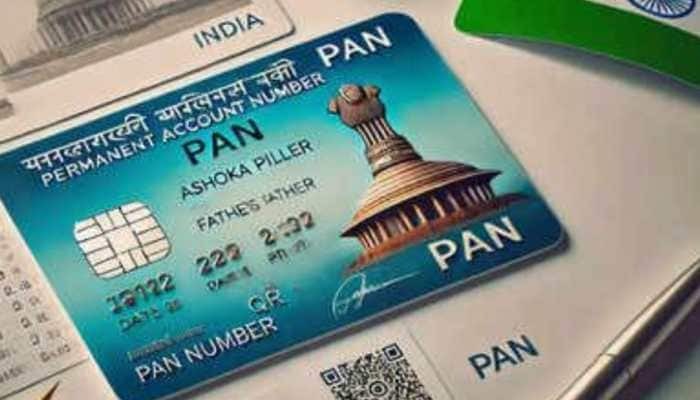
Fraudulently Updating PAN Card: Customers of India Post Payments Bank have been receiving text messages which claim that their accounts are set to get blocked in the next 24 hours if they do not update their PAN Card details. As if this scam wasn’t bad enough, the text also includes links that redirect the people to fraudulent websites. In an attempt to retrieve such information, the scammers pretend to be ordinary people and utilize phishing techniques in a very senseless way as explained below.
What Pan card scam did PIB expose?
PIB (Press Information Bureau) has labeled the messages as fake and all such claims, have been dismissed by the India Post. Moreover, IPPB has made it clear that these alerts are not sent by them and if somebody receives it, it is best to not interact with such links or details. PIB made a post on another social media platform and asserted “It is a lie that IPPB customers who fail to update their PAN card within 24 hours will have their accounts suspended, India Post never sends such messages. “
Scammers are utilizing which methods now?
Phishing tends to be the technique employed by scammers which cast a spell on people into revealing personal details such as passwords, banking information, and credit cards.
They tend to employ bogus emails, messages, or links that appear to originate from reputable organizations. For instance a scammer might fake a message posing as your bank or a shopping site. Giving your personal details or clicking on the links exposes you to cybercriminals who steal your information to misuse it.
Strategies To Protect Yourself From Phishing Scamsters
Refrain From Sharing PAN Details Without Any Reason: Only provide your PAN card details with trustworthy and verified companies or platforms when necessary.
Be Careful With Links: Do first hover over a link to see where it leads before clicking in an email or a message from someone you do not know.
Be Aware Of Red Signals: Any demand to act promptly, threats or offers which are too good to be true should be dealt with great caution use of fear or excitement is also effective. Scammers will try to fool you this way.
Utilize Two-Step Verification: If a hacker is attempting to gain access to your accounts, even if they have your password, they will be unable to get in because it needs a second verification step such as a code sent to your phone.
Read More: D-Street Bloodbath Investors Lose ₹5 Lakh Crore as Markets Crash on GDP Eve

 Share
Share


_853562307_100x75.jpg)
_1063032679_100x75.jpg)